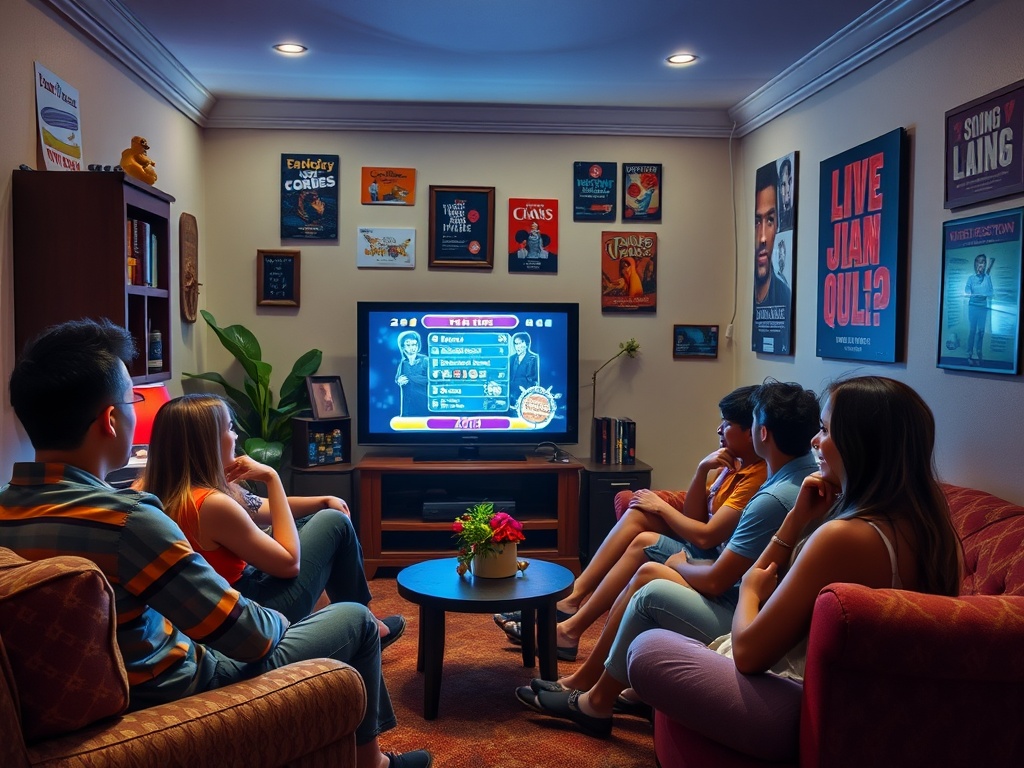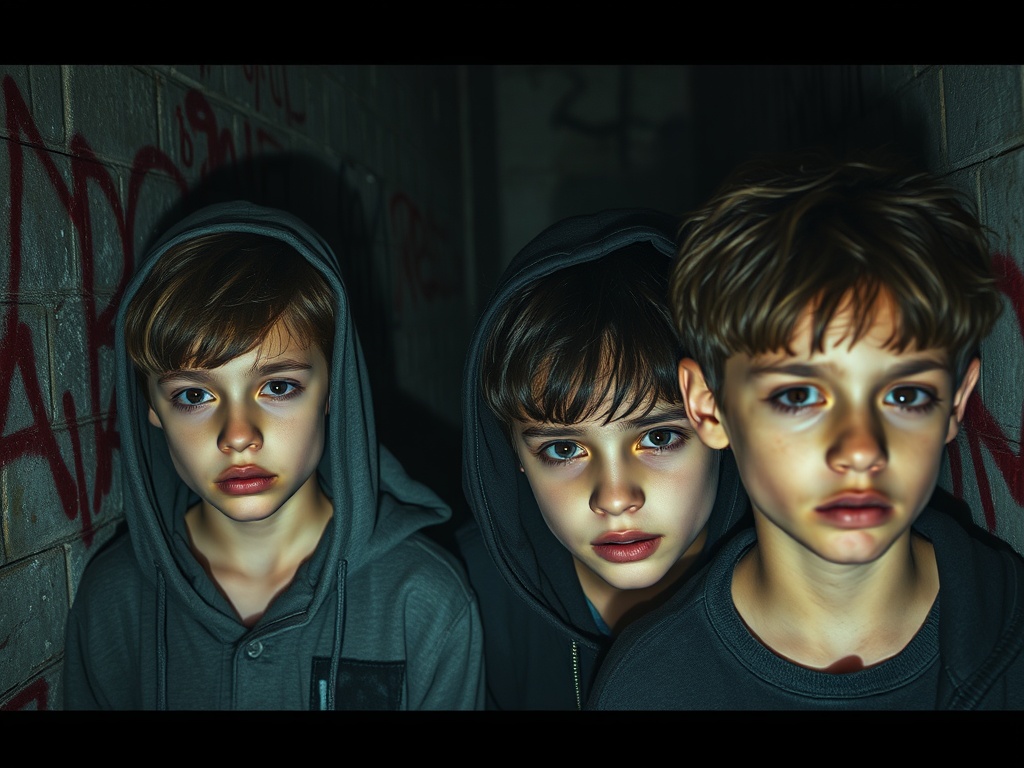My Monday Night Dilemma: A Love-Hate Relationship with Quiz Shows

Almost every Monday night, I find myself trapped in a familiar predicament. It’s eight o’clock, my dinner is steaming and ready, yet I still have half an hour to kill before University Challenge kicks off. This is when the internal struggle begins. I contemplate sitting at the table, but quickly dismiss the idea—after all, I am a millennial navigating the complexities of a nine-to-five job. The allure of the sofa beckons, and soon I enter the bargaining phase. Could I perhaps find something else to watch? But with my dinner growing cold, I inevitably move to acceptance. Twenty-five minutes later, I’m enthusiastically shouting phrases like “BOB MARLEY AND CHICKENPOX” or “DOLLY PARTON AND CHLAMYDIA” at my screen, which displays peculiar “missing vowel” clues such as “BBM RLY NDC H CKNP X.” My cat watches me with a look that suggests I’ve lost my mind.
The show in question is, of course, Only Connect, which claims a prime slot in BBC2’s weekly quiz night lineup that features Mastermind, Only Connect, and University Challenge consecutively from 7:30 to 9 PM. This quiz show is unlike any other; it challenges contestants to think outside the box and recognize patterns and connections between seemingly unrelated clues rather than just relying on general knowledge. Since its debut on BBC4 in 2008, Only Connect has gained a dedicated following, even reaching nearly three million viewers in 2021. While I’m sure many viewers sit down specifically to catch it, I can’t help but wonder if I’m alone in being stuck in limbo, anxiously awaiting my intellectual annihilation at the hands of a group of exceptionally bright 18-year-olds, all the while feeling a mix of frustration and amusement.
The Charming Nerdiness of Only Connect
What makes Only Connect so endearing is its unapologetic nerdiness. In stark contrast to the light-hearted nature of its BBC1 daytime counterpart, Pointless, this show is a true quiz for quiz enthusiasts. From its unique subject matter to its unusual question selection format—where team captains initially chose from a selection of ancient Greek letters, now replaced by ancient Egyptian hieroglyphs—it embraces its niche identity. However, unlike University Challenge, which can feel intimidatingly high-brow, Only Connect is theoretically solvable. This quality has likely contributed to its successful transition from BBC4 to the primetime slot on BBC2, with host Victoria Coren-Mitchell, who bears a striking resemblance to Cat Deeley, channeling her skills as an international poker player into the show, garnering winnings that rival the viewership numbers of Only Connect.
The widespread appeal of Only Connect lies in its ability to make viewers feel almost as clever as the contestants themselves. With a little squinting, chin-stroking, and a lot of mental gymnastics, it feels possible to grasp at the answers, even if just momentarily. However, this very appeal can lead to its downfall. The questions can sometimes veer into the realm of the inconsistent or imprecise. The first two rounds—where players must identify the connection between four clues and then predict the next clue in a cryptic sequence—can be so obscure that they leave contestants and viewers alike scratching their heads in confusion. Recently, the show generated headlines for what viewers deemed the “worst question ever,” which involved a tangled web of Latin names for body parts supposedly linked by the word “little.” Even the contestants seemed bewildered, unable to make sense of it.
The Delicate Balance of Suspense and Satisfaction
As a devoted fan of University Challenge, I recognize that grumbling about overly difficult questions may seem unjust. However, the issues plaguing Only Connect run deeper. Its very premise—intended to be figure-out-able—creates a lack of suspense. We watch as contestants laboriously piece together clues, mirroring our own struggles. The outcomes tend to be predictable: either the contestants arrive at the answer, thus confirming their prior knowledge, or they realize they’re completely stumped. In both scenarios, viewers are left anticipating a lengthy explanation from Coren-Mitchell.
In contrast, University Challenge often presents moments where contestants are blissfully unaware of their own knowledge, leading to delightful surprises and genuine joy. There’s a greater sense of suspense and satisfaction as participants race against the clock to answer questions that might just catch them off guard.
Yet, Only Connect does pick up steam in the latter half of the show. The connections wall, where teams must match four groups of four and deduce what connects each set, can be incredibly satisfying. New viewers may even notice the striking similarities between this game and the popular New York Times game called “Connections,” a fact that Coren-Mitchell herself highlighted on Twitter when the NYT introduced the game in 2023. We then arrive at the much-anticipated missing vowels round, whose rapid-fire format raises the stakes, though it often becomes increasingly absurd as the question setters seem to run out of coherent categories. One might find “Musical legends of the 20th century and infectious diseases” rather amusing, yet I can’t guarantee it wouldn’t grate on my nerves.
So why can’t I seem to tear myself away? The answer is simple: like countless others, I harbor a secret belief that I could outperform the contestants. But each time I’m proved wrong, my fragile ego is compelled to return for more, eager to tackle the next round of mental gymnastics.




